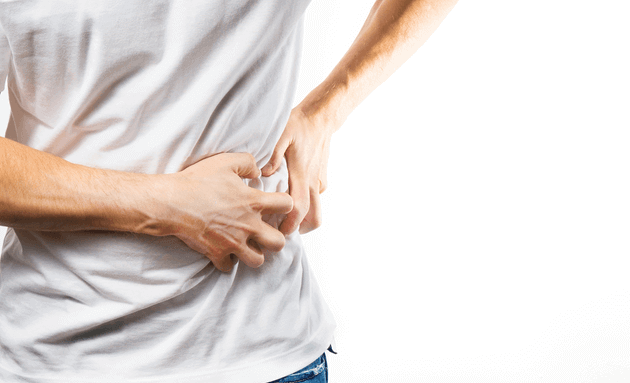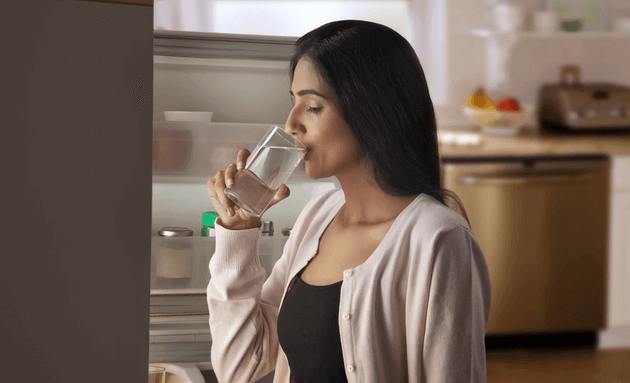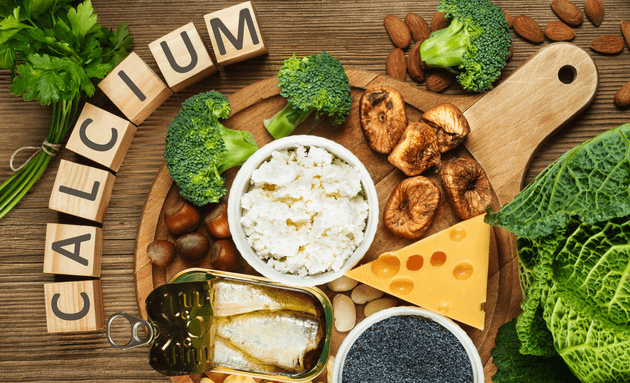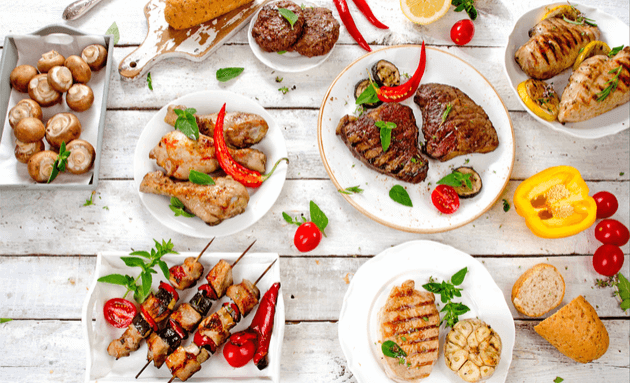Kidney stones are mineral and salt deposits that form inside your kidneys. This condition is known as renal lithiasis or nephrolithiasis. These stones are composed of calcium oxalate, uric acid or phosphorus. Once formed, they can cause piercing unbearable pain in the person who has them.
Symptoms of Kidney Stone Disease

The symptoms of kidney stones do not manifest until the kidney stones move to your ureter. The symptoms include fever, severe pain in the side or groin, vomiting and nausea, and the presence of pus and blood in the urine. You may also experience a burning sensation while urinating.
Reasons for the Formation of Kidney Stones
Here are some of the major reasons behind the formation of kidney stones.
- Low Water Intake: Lack of sufficient water intake on a daily basis can lead to the formation of kidney stones. Your urine turns acidic when you don’t consume enough water. This happens with people who are used to having less than 8-10 glasses on a daily basis.
- Health Conditions: Those suffering from medical health conditions are also at high risk of developing kidney stones. Some of these conditions include Crohn's disease, urinary tract infections, hyperparathyroidism, medullary sponge kidney, Dent's disease, and renal tubular acidosis.
- Medications: Certain medications prescribed for seizures and migraines may also increase the likelihood of developing kidney stones.
- Other Risk Factors: include a family history of kidney stones, obesity, an unhealthy diet, gastric bypass surgery and chronic diarrhoea.
How to Prevent the Formation of Kidney Stones
Making healthy choices and a few minor adjustments to your diet may help prevent the development of kidney stones. Here are six dietary changes you can make to keep kidney stones away.
Drink Lots of Fluids

The easiest way to prevent kidney stone formation is by staying hydrated throughout the day. This is because a lower water intake will result in low urine and your urine will also become highly concentrated. As a result, a lack of water prevents urine salts from dissolving. They thus accumulate and form kidney stones.
Try to have citrus juices like lemonade and orange juice. The citrate present in these juices will help inhibit the formation of crystal stones.Lower Your Sodium Intake
A high intake of salt in your diet may increase your risk of developing kidney stones. This is because high levels of salt in urine may prevent calcium reabsorption from the urine to the blood. This leads to high accumulation of calcium in the urine, resulting in the development of kidney stones.
Avoid high-sodium foods such as processed foods (chips, salty biscuits, chiwda, chakli, etc), canned soups and vegetables, condiments (mustard, soy sauce, etc.), and foods containing baking soda and MSG - monosodium glutamate.Eat Calcium-rich Foods

Contrary to popular belief, a diet low in calcium can actually increase your risk of having kidney stones. This happens due to increased oxalate levels in the body.
Oxalate is a natural substance present in foods such as beans, beets and dark leafy vegetables. With no calcium to bind with, oxalate levels peak in the body, thus creating kidney stones.
Natural sources of calcium, like milk or paneer, however, do not pose as much of a risk as calcium supplements do when taken by itself. Make it a point to only have calcium supplements along with your meals lower your kidney stone risk.Avoid Kidney Stone Forming Foods
The consumption of foods rich in oxalates can increase your risk of getting kidney stones. This is because Oxalate is a natural compound found in foods that bind with calcium in the urine, thereby, forming kidney stones. Limiting the intake of these foods may help prevent kidney stones from forming.
Foods rich in oxalates include chocolates, spinach, coffee, beetroots, peanuts, soy products, wheat bran and sweet potatoes. Having less of these foods can help reduce the risk of kidney stones.Limit Your Meat Intake

Daily consumption of high amounts of meat can result in an increased risk of developing uric acid problems and kidney stones. Limit your intake of beef, fish, pork and poultry to avoid the risk.
Consult your doctor or dietitian for the amount and kind of meat you can consume on a weekly basis because completely cutting down your protein intake is not advisable as this leads to weakness in the body.Avoid Vitamin C Supplements
Natural vitamin C from foods such as orange, lemon, grapefruit, strawberries, papaya, broccoli and cauliflower is a good addition to your diet. However, Vitamin C supplements pose a high risk of kidney stone formation.
Natural vitamin C from foods such as orange, lemon, grapefruit, strawberries, papaya, broccoli and cauliflower is a good addition to your diet. However, Vitamin C supplements pose a high risk of kidney stone formation.


0 Comments